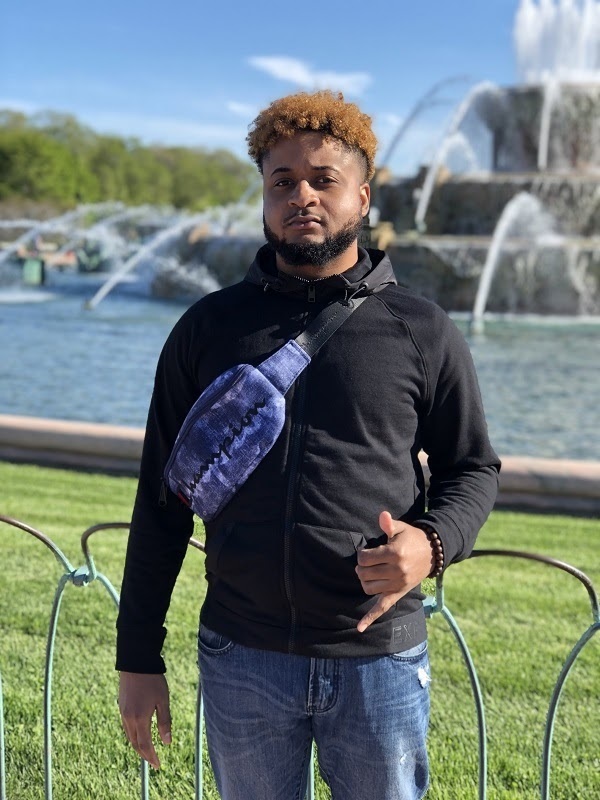5 Easy Ways to Keep Children's Hearing Healthy
675
0
·
2021/05/15
·
3 mins read
☕
WriterShelf™ is a unique multiple pen name blogging and forum platform. Protect relationships and your privacy. Take your writing in new directions. ** Join WriterShelf**
WriterShelf™ is an open writing platform. The views, information and opinions in this article are those of the author.
Article info
Categories:
⟩
⟩
⟩
⟩
⟩
⟩
Tags:
Total: 607 words
Like
or Dislike
More to explore










Hereditary factors are thought to be responsible for 40% of hearing loss, according to reports. The World Health Organization estimates that 60% of the remaining factors are preventable. Hearing loss in children can be prevented by avoiding infections, birth complications, and drug exposure. Excessive noise can also worsen hearing loss. Hearing loss can be prevented in a variety of ways, as detailed below.
Model Safe Listening Habits
It's important that you teach your child about the various causes of hearing loss, such as loud music, and how to avoid them. It makes people more conscious of the dangers that these elements pose. It also promotes a learning culture in children by stressing the importance of listening. Two practical ways to do this are to turn down the television or other electronic devices when the noise is too loud, and to teach children to cover years when they are unexpectedly exposed to loud noise in the environment. Another important step is for schools to allow students to become more conscious of the dangers of hearing loss.
Buy Noise-Limiting Headphones
Young children are more sensitive to noise than adults. They also have a habit of turning up the volume to the point that their hearing is permanently damaged. Sound levels greater than 85 decibels can be particularly hazardous to your infant. Parents should limit their children's use of headphones to no more than two hours, even if the volume is limited to no more than 85 decibels, according to experts. The majority of noise-cancelling headphones now come in a kid-friendly design and are simple to use. It's important to buy children's noise-cancelling headphones that they love, since this means that a large percentage of them will be able to use them even though you aren't around.
Invest in ear protection
Certain aspects of the atmosphere are almost always unavoidable. If you live near a station or rail tracks, train noises can be a nuisance. Concerts can also generate a great deal of noise. Noise-cancelling headphones can be bought for your boy in these situations. They reduce noise levels at activities such as concerts, music stages, and fireworks shows. There are also other types of hearing aid available. Earmuffs are also a smart investment because they protect your child's sensitive ears from external noises. Earmuffs with children's designs are also available.
Be Careful What Toys You Get Your Child
Overly noisy toys can be harmful to your child's ears. While the damage is not immediately obvious, it may have an effect on your children's hearing as they grow older. These toys are extremely dangerous because they cause cumulative damage. Despite the fact that most of these toys are harmless when used correctly, children continue to misuse them. You should first test these toys by listening to them and holding them about a foot away from your hands. If the noise makes you squirm, they aren't healthy. You should either sellotape the speakers or keep them away from your children. You may also refer such toys to the Consumer Product Safety Commission.
Vaccination
The most common causes of hearing loss in people all over the world are measles, mumps, and rubella. You should vaccinate your child against these diseases as soon as possible to prevent hearing loss. Early vaccination can help prevent diseases from spreading to other children that have not been vaccinated for a number of medical reasons.
If your child shows signs of speech and language delay or has a history of ear infections, you can look here and the pediatric audiologists will be able to evaluate your child and answer all your questions regarding hearing loss in children.